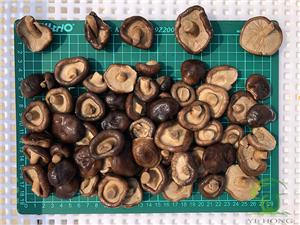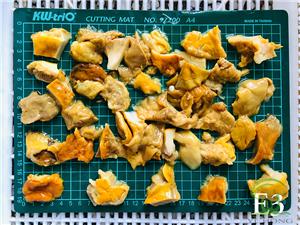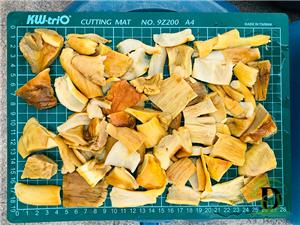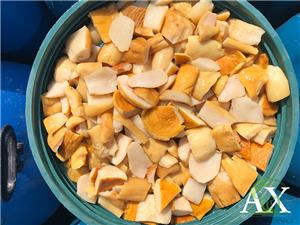Pholiota Nameko In Brine and Sustainability
Environmental sustainability awareness is slowly growing, with many consumers choosing foods that align with their ethical and environmental values. Not only are mushrooms delicious and nutritious, they are also a sustainable choice with minimal impact on the environment compared to many other foods. This mushroom is an example of the food industry moving towards greener, more sustainable production methods that benefit both health and reduce carbon footprint.
Sustainable Growing Practices:
Pholiota Nameko In Brine is grown in an environmentally friendly way that uses fewer resources than traditional farming methods. Mushrooms have a lower carbon footprint than animal products because they require less water, land, and energy to grow. The growing process uses organic and environmentally friendly growing techniques, which means less pesticides and fertilizers are used, resulting in healthier soil and water systems.
Very Low Water Usage:
Another advantage of growing mushrooms such as Pholiota Nameko In Brine is their low water requirements. Compared to many other crops, mushrooms require relatively little water to grow. In contrast, crops such as rice and almonds and livestock farming use a lot of water, putting a strain on local water supplies. By choosing Pholiota Nameko In Brine, consumers are helping to conserve precious water resources and can be a more sustainable food choice in the long run.
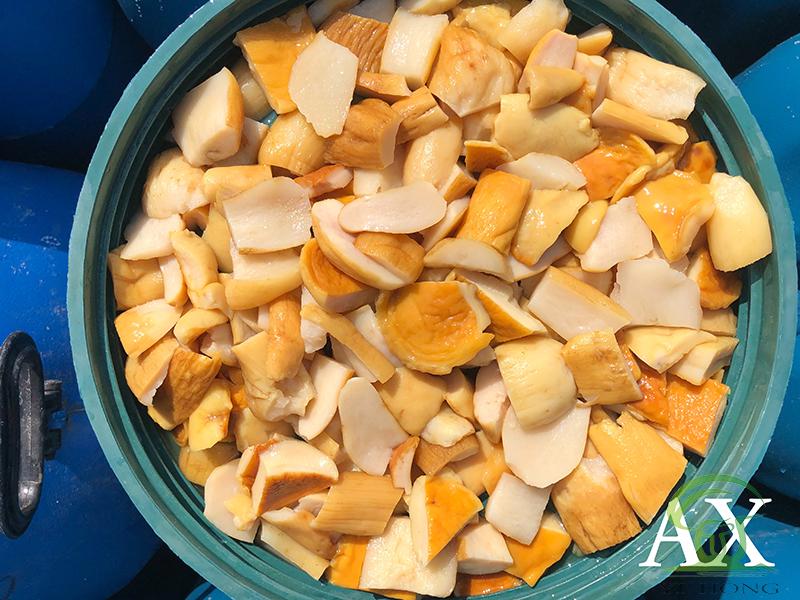
Low Carbon Footprint:
The carbon footprint of producing Pholiota Nameko In Brine is also much lower than many other foods. Growing mushrooms produces fewer greenhouse gas emissions than meat production, which is one of the largest contributors to global warming. Producing plant-based foods such as Pholiota Nameko In Brine has a much lower impact on the environment because these foods require less energy and resources to grow.
Mushroom farming also contributes to carbon sequestration. Growing mushrooms in organic substrates such as straw, these materials help capture and store carbon, further reducing the overall environmental impact of mushroom farming.
Packaging and Waste Reduction:
In addition to its eco-friendly growing methods, Pholiota Nameko In Brine is often sold in minimalist packaging, which reduces plastic waste. Many companies are also turning to biodegradable or recyclable packaging materials to reduce their environmental footprint. Consumers support companies that are committed to reducing waste and promoting sustainable development, and are more likely to choose Pholiota Nameko In Brine, which is packaged in environmentally friendly materials.
- Company News
- Industry News
- Product News
- Video

